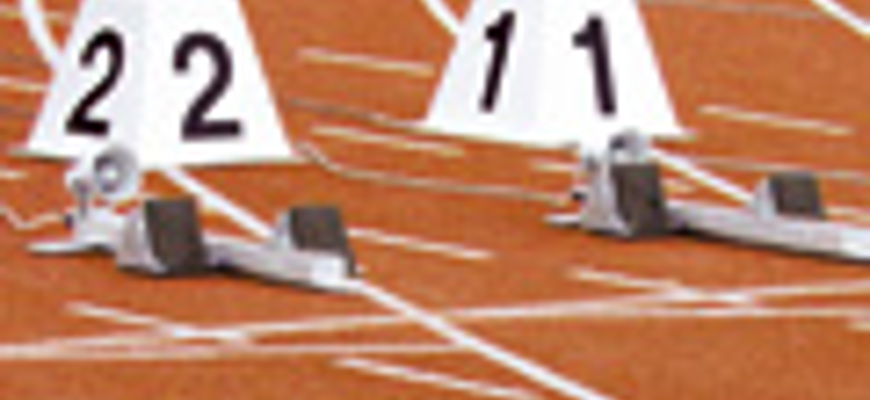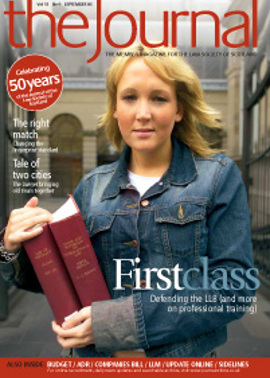Ripple effect

UK Athletics is to support a proposal for life bans for first doping offences in athletics. To be put forward by Lord Coe, a member of the International Association of Athletics Federations’ ruling council, at the 2007 IAAF Congress, the proposal will be resisted by opponents citing its inconsistency with the World Anti-Doping Agency Code’s standardisation of bans (two years’ suspension for a first offence), and also by its susceptibility to legal challenge, whether on the basis of human rights or some other ground. Any such challenge would quite possibly be successful, given the tenor of recent decisions and analysis of anti-doping rules.
Doping rules and Community law
In the Meca-Medina judgment handed down on 18 July 2006 (Case C-519/04 P), the European Court of Justice (Third Chamber) partially overturned decisions of the European Commission (COMP/38158) and the Court of First Instance (T-313/02; judgment 30 September 2004), in holding that doping rules are not exempt from Community competition rules and rules on freedom to provide services in the European Union.
Meca-Medina and Igor Majcen were long distance swimmers banned for two years by the Federation Internationale de Natation (FINA). They sought to have their ban set aside by challenging the rules of the International Olympic Committee, as adopted by FINA, as inconsistent with EU law. The Commission and the Court of First Instance dismissed the challenges, concluding that the doping rules were truly of “sporting” and not “economic” interest, it being settled for more than 30 years that EU law only applies to sport insofar as it may constitute an economic activity (Walrave and Koch v Association Union Cycliste Internationale (36/74) [1974] ECR 1405).
In partially overturning the earlier decisions, the ECJ concluded that doping rules are not exempt from EU law and Community competition rules apply. The mere fact that a rule is purely sporting in nature does not have the effect of removing from the scope of the Treaty the person engaging in the activity governed by that rule, or the body which has laid it down. However, as it was not pled on appeal that the rules and bans imposed were disproportionate and went further than was necessary for the proper conduct of competitive sport, the ECJ did not interfere with the earlier findings.
The impact of this case may well be felt in the future, if challenges to doping decisions are taken on the assertion that the rules have a disproportionate effect and are excessive. One criticism levelled against the concept of the World Anti-Doping Code is that a harmonised ban of two years’ suspension for a standard first offence across all sports can have a disproportionate impact on an individual, depending on their particular sport. An athletics star’s career at elite level may be half that of a professional footballer, which in turn may be not even half that of an elite professional golfer. The impact of a two-year suspension would differ.
Gatlin and its repercussions
The Olympic and World 100 metre champion Justin Gatlin is potentially facing a life ban after allegedly recording elevated levels of testosterone in a doping sample, having already been found guilty of a doping offence earlier in his career. The athletics world has reacted to this alleged further offence, with the organisers of this September’s DKB-ISTAF Golden League athletics meet in Berlin, one of six annual meetings in the IAAF Golden League series, reportedly informing all athletes trained by Gatlin’s coach, Trevor Graham, that they may not take part at the competitive meet (“Berlin Ban for Graham’s athletes”, 3 August 2006, www.bbc.co.uk/sport). These include the Olympic 200m champion Sean Crawford and World 60m champion Me’Lisa Barber, neither of whom have ever failed a drugs test. At the time of writing it is not yet known whether any of these athletes will contest the organisers’ decision to exclude them from participating.
German TV wants “doping clause”
In a move consistent with that of the organisers of the Berlin meet, the German public radio and TV stations ARD and ZDF are determined to put more pressure on professional sports in the fight against doping. In late August, the main sports broadcasters in Germany signed new deals with the German equestrian and handball federations, which included “doping clauses” allowing them to pull out of their agreement if a doping scandal erupts in the particular sport. These contractual provisions are planned for all 32 German sports federations, the Olympic Games and World Cup, along with other high profile events such as the Tour de France. German viewing figures for Tour de France 2006 dropped because of the doping scandal involving, amongst others, German cyclist Jan Ullrich.
Bruce A Caldow,
Associate, Harper Macleod LLP
In this issue
- Sincere thanks are due
- From the grass roots
- Training solicitors and teaching law
- Survival of the fittest?
- A new print job
- Plenty more besides
- That's settled, then
- East meets west
- A shot in the arm
- Tapping into CPD Online
- Master trainee
- Glitch hunt, not witch hunt
- A caveat on witnesses
- Victories for tenants?
- On your marks...
- Big bill for business
- Ripple effect
- How fair is fair?
- Scottish Solicitors' Discipline Tribunal
- Website reviews
- Book reviews
- Spinning plates
- Sending the right signals






